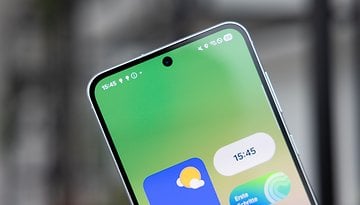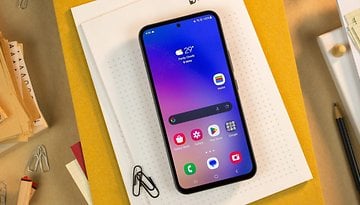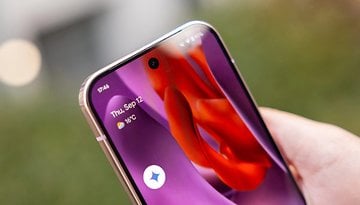Buy a refurbished cell phone: Here's what you need to look out for when shopping


Read in other languages:
You have stumbled across refurbished offers on the web and wonder why they are so cheap? Well, because they are refurbished used products that are resold with a new warranty. With a bit of prior knowledge, you can easily estimate whether the purchased product will meet your expectations. Welcome to our refurbished guide for smartphones and technology.
Jump to:
- What are the advantages of refurbished over new and used?
- What should you look for when buying refurbished?
- Product variety or "Why are there so many refurbished iPhones?"
- Comment: My experiences with refurbished products
As you can read in the table of contents, we clarify the most important questions about buying refurbished in this article. Of course, we are also curious about your experiences with refurbished used purchases. Feel free to share them with us in the comments and we will include your suggestions in this article.
What are the advantages of refurbished over new and used?
Let's start with the most important question: Why should I go for refurbished products? Let's compare it to the two standard purchase options on the web:
Advantages over buying new
The biggest advantage of refurbished products is of course that they are cheaper compared to new. Depending on the condition and the offer, the costs are not only significantly lower than the recommended retail price of the products, but also lower than alternative offers on the net. But even if refurbished products are cheaper at first glance, you should definitely do a price comparison, especially since most retailers list only the MSRP, not current street prices.
A second advantage that refurbished stores like to advertise is sustainability. After all, you continue to use technology that works perfectly with a little effort. This extends the life cycles of smartphones, notebooks and the like, which is better for the environment. Of course, this only applies if the technology you buy really lasts a long time. But more about that later.
Advantages over buying used
Basically, refurbished offers are a special case of buying used. You buy from online stores that offer you securities like money-back guarantees or customer support. At the same time, most refurbished stores offer additional retailer warranties, even if the manufacturer's warranty has already expired. So you buy with much more security than if you buy used technology on platforms like eBay classifieds or eBay.
Some popular refurbished sellers in the US
| Click here to go directly to the online shop |
|---|
| Amazon* |
| Apple Store* |
| Tello Mobile* |
In addition, all refurbished products are functionally tested and repaired if necessary. In the case of smartphones, this applies above all to the battery, which loses capacity after several years of use. Refurbished retailers check the installed batteries and replace them with a spare part if necessary.
One disadvantage compared to buying used is, of course, the additional middleman. This means that stores naturally want to earn money themselves. In addition, with the general overhaul of your new cell phone, you are to a certain extent also making use of a service, for which you again pay a surcharge.
What should I pay attention to when buying a refurbished phone?
As already mentioned, you enjoy a little more security when buying refurbished than when buying used. Because the refurbished products are cosmetically and functionally checked before they are sold. So you can check right at the beginning if the product is sold in a good condition or if you can save a few bucks with external or technical defects. You can select these options at most retailers, which of course changes the price.
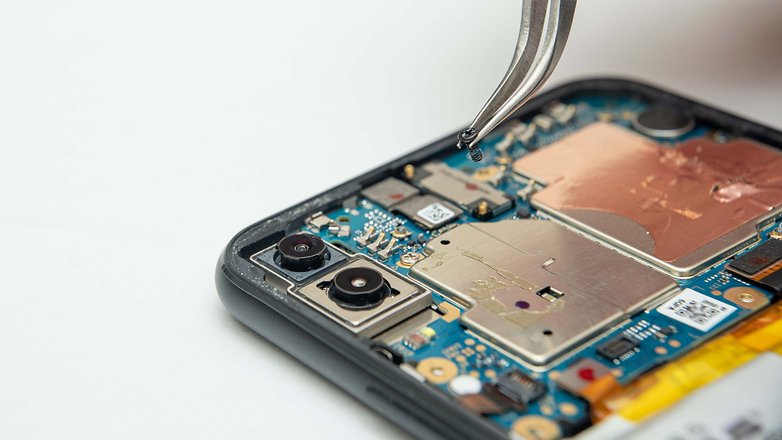
Regardless of the product or the retailer, you should always pay attention to the usual basics with online stores. Does the store accept secure payment methods, do you have a money-back guarantee, and what services do the additional warranty claim cover? Especially with lesser-known stores, you should always read the fine print.
Last but not least, I recommend that you always compare prices with new products. Even if buying refurbished is more sustainable, you can hardly save money on refurbished smartphones or tablets.
Product variety or "Why are there so many refurbished iPhones?"
The amount of available refurbished offers is strongly dependent on your desired product. Here, the demand determines the supply, because after all, buying up and refurbishing has to be worthwhile for the respective providers. Since Samsung smartphones and iPhones are particularly popular, they also have the most offers.
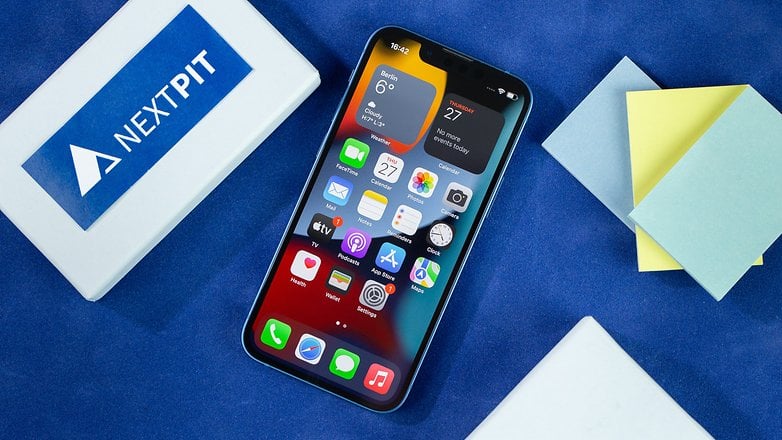
Apple's iPhones are additionally characterized by a long software warranty. Accordingly, the demand for older iPhones is significantly higher than with most Android devices. Together with higher value stability, the question of why there are many refurbished iPhones almost answers itself. One more hint: Apple itself now offers refurbished technology in its online store. Have a look!
Comment: My experiences with refurbished products
Since we can't try out the current refurbished retailers ourselves, I don't want to give you a tip about specific providers. Instead, I want to briefly tell you about my own experience with a refurbished product.
About eight years ago, I bought a refurbished IBM Thinkpad laptop. I was lucky enough to get a returned unit from some company, and the purchased laptop was hardly used and didn't show any scratches. However, the product did not come with a Windows license, so I had to pay for one myself.
A big difference with refurbished products is the presentation, or rather the "unboxing experience". Because without the original box, you can feel that it is not a new product when unboxing it. If this doesn't bother you, I can highly recommend refurbished second-hand purchases from my experience.
What are your experiences with refurbished purchases? Have you ever fallen on your face or were you lucky? Let me know your opinion in the comments!
*NextPit receives a commission for purchases made via the marked links. This has no influence on the editorial content and there are no costs for you. You can find out more about how we make money on our transparency page.






